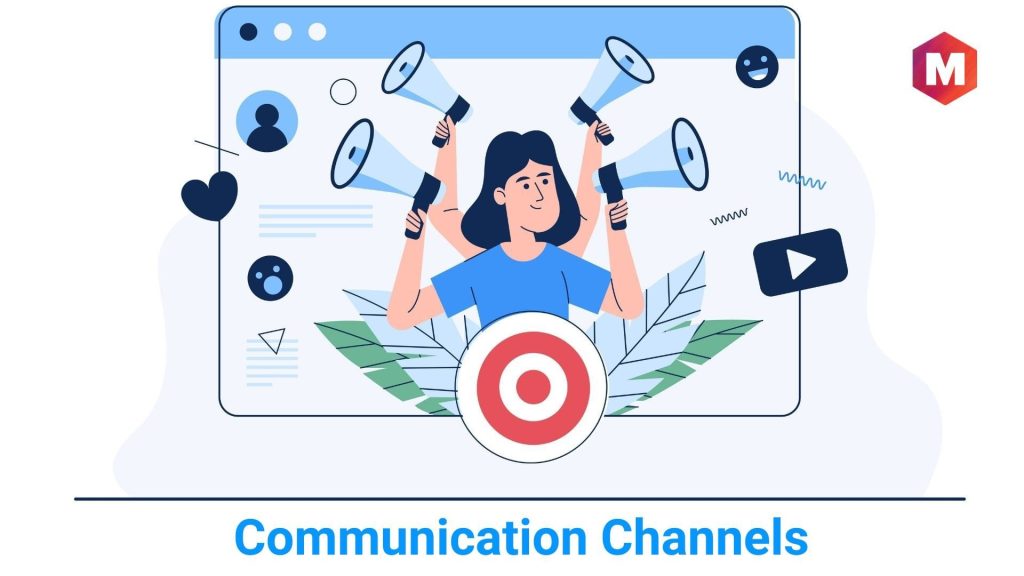
One silver lining event we noticed during the COVID-19 lockdown year was that it made families more engaged in their child’s learning. For the first time, busy parents were able to experience learning ‘in the classroom’ with their children. This was made possible because of the stay-at-home directive that was given by the federal government.
However, this kind of parent engagement can’t be expected under ordinary circumstances. Instead, schools will have to try different and unconventional approaches to achieve a similar result. Here are three strategies that your school can evaluate for engaging parents.
1. Keep Communication Channels Simple

First, consider reducing your communication with parents to a few channels. After all, no one wants to be checking in hundred places to find out when the PTA meeting is on. As we’ve mentioned in Understanding the Millennial Parent, today’s generation of parents are more connected than ever before, meaning that they place high expectations on schools when it comes to effective communication.
If you are finding it difficult to establish proper communication with parents, then the need for a singular source of parent communication is needed. In order to bring all of your other channels together, you should consider registering on third-party school management platforms. These platforms give your team the ability to easily share information, events, and updates with parents and move them away from relying on traditional information delivery methods like paper notices, newsletters, emails, etc.
2. Start Blogging

There are reasons why your school should start blogging. We’ve always outlined how important blogging is to your inbound marketing strategies. In summary, not only is blogging cheap, it helps your SEO efforts, builds your school’s reputation amongst the online audience, and also boosts parents’ engagement. Blogs are a great place for you to share information about all of the goings-on at your school that parents might otherwise miss out on. Think of your blog as providing a behind-the-scenes look at their child’s day, and you can be confident that it will offer parents plenty of value.
READ MORE: How to Improve Parent-Teacher Communication
3. Redefine Your Events Strategy

COVID-19 forced many schools to postpone or cancel in-school events for the year. Because of this, many school events have been transformed into virtual experiences — from open days and seminars to parent-teacher meetings. Successful virtual events give families the chance to interact with staff and teachers, talk to current members of the school community and see your school facilities for themselves — all from the comfort of their own homes.
Online events have the ability to engage a wider audience than standard events. If your events are on during school hours, it’s hard for working parents to take time away to attend. If your events are on the weekend, you’re asking parents to give up their precious free time to invest in their child’s schooling. Online events are often far shorter than in-person events and can be accessed from anywhere — a work lunchroom or even a living room couch. The opportunities for busy parents are limitless.